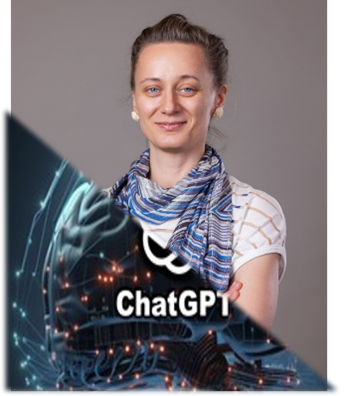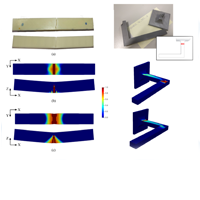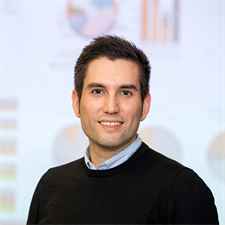events
[VIDEO AVAILABLE] CIMNE Coffee Talk: “«Effective Use Defines the Value of the Tool!» AI-Driven Enhancements in Research (Process)" by DEng. Lidia Natalia Trusilewicz
ABSTRACT
This pre-award unit’s event explored key aspects of efficiency and value in AI-driven enhancements to the research process, focusing on the 4Es: effectiveness, efficiency, equity, and economy. Discussions highlighted strategies for achieving the best value for money within the innovation context, including subcontracting goods or services and managing direct costs. The integration of AI tools in the research workflow was a central theme, featuring an explicit appraisal of the EU AI Act, the first global regulation on artificial intelligence enacted in June 2024. Attendees gained insights into the robustness of AI technologies and the application of generative AI tools in preparing competitive research proposals. The intervention concluded with reflections on the human inventive approach in research augmented by generative AI assistance, considering higher-order thinking, ethical considerations, and creative processes.
ABOUT CHATGPT
ChatGPT is a language model based on OpenAI's GPT-3 architecture. It is built on a deep neural network, specifically a variant of the Transformer architecture, which is well-suited for processing and generating natural language text. Its primary function is to process and generate human-like text based on the input received, generating responses by predicting the most likely continuation of text using patterns and information learned during training. According to its own description, ChatGPT is a sophisticated AI language model created by OpenAI, designed to understand and generate human-like text, capable of assisting with a wide range of tasks that require natural language processing and understanding.
SPEAKER CV
 DEng. Lidia Natalia Trusilewicz is an inspirational postdoctoral researcher specializing in construction materials and industrial manufacturing. Her work spans a range of interdisciplinary and intersectional research environments, reflecting her diverse expertise. With a strong foundation in chemical and environmental engineering, she completed her master’s thesis by training artificial neural networks to identify kinetic models from experimental data on the thermal decomposition of solids under non-isothermal conditions. As a former award-winning Marie Skłodowska-Curie fellow, Dr. Trusilewicz has been recognized with the prestigious MSCA Programme Representative Award. Currently, she contributes as the Research and Development Manager at CIMNE, where she excels in bridging the gap between scientific research and business applications. Her role involves exploring the dynamics of research systems and cultures, as well as managing various research and innovation initiatives.
DEng. Lidia Natalia Trusilewicz is an inspirational postdoctoral researcher specializing in construction materials and industrial manufacturing. Her work spans a range of interdisciplinary and intersectional research environments, reflecting her diverse expertise. With a strong foundation in chemical and environmental engineering, she completed her master’s thesis by training artificial neural networks to identify kinetic models from experimental data on the thermal decomposition of solids under non-isothermal conditions. As a former award-winning Marie Skłodowska-Curie fellow, Dr. Trusilewicz has been recognized with the prestigious MSCA Programme Representative Award. Currently, she contributes as the Research and Development Manager at CIMNE, where she excels in bridging the gap between scientific research and business applications. Her role involves exploring the dynamics of research systems and cultures, as well as managing various research and innovation initiatives.






















